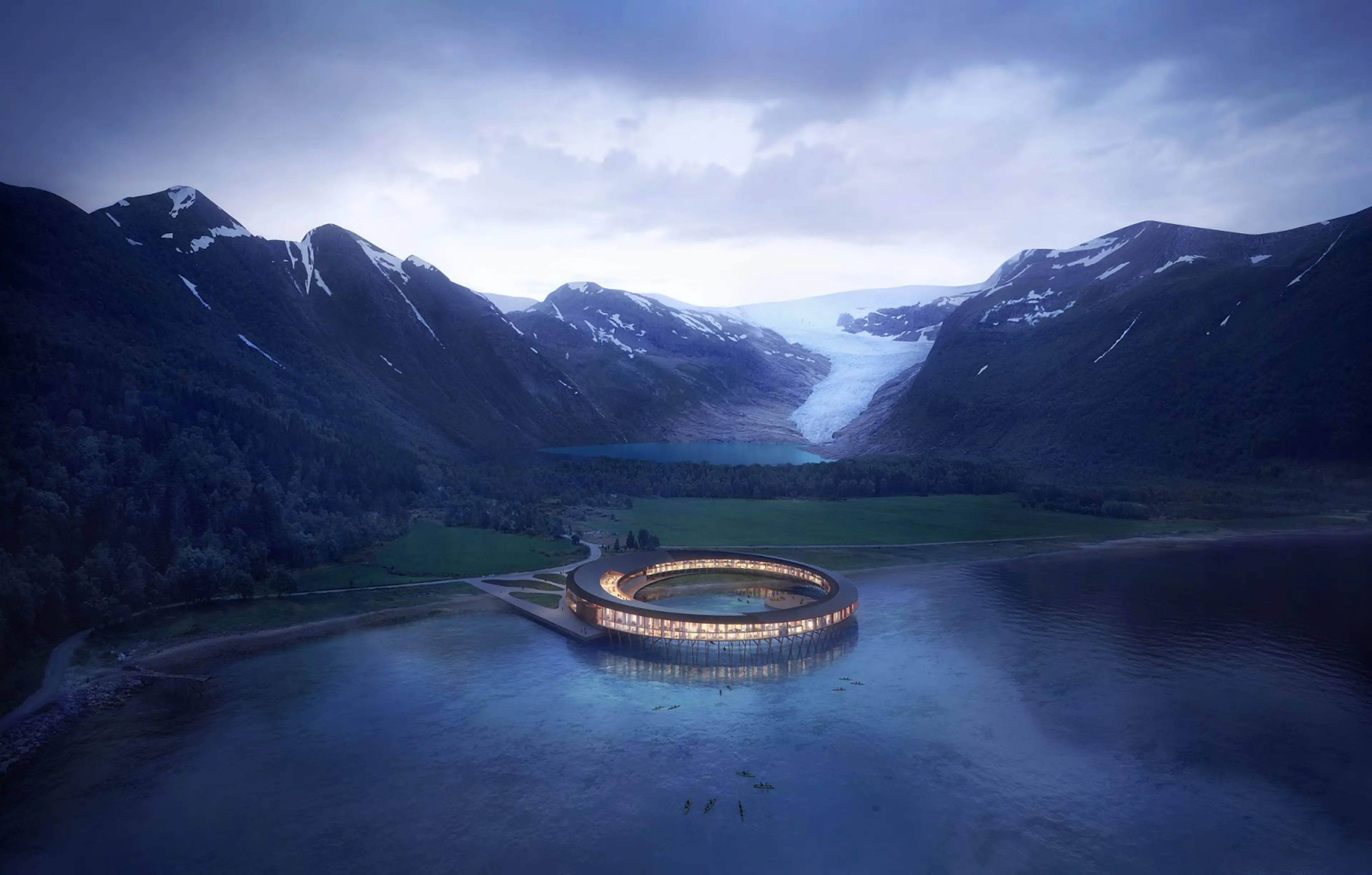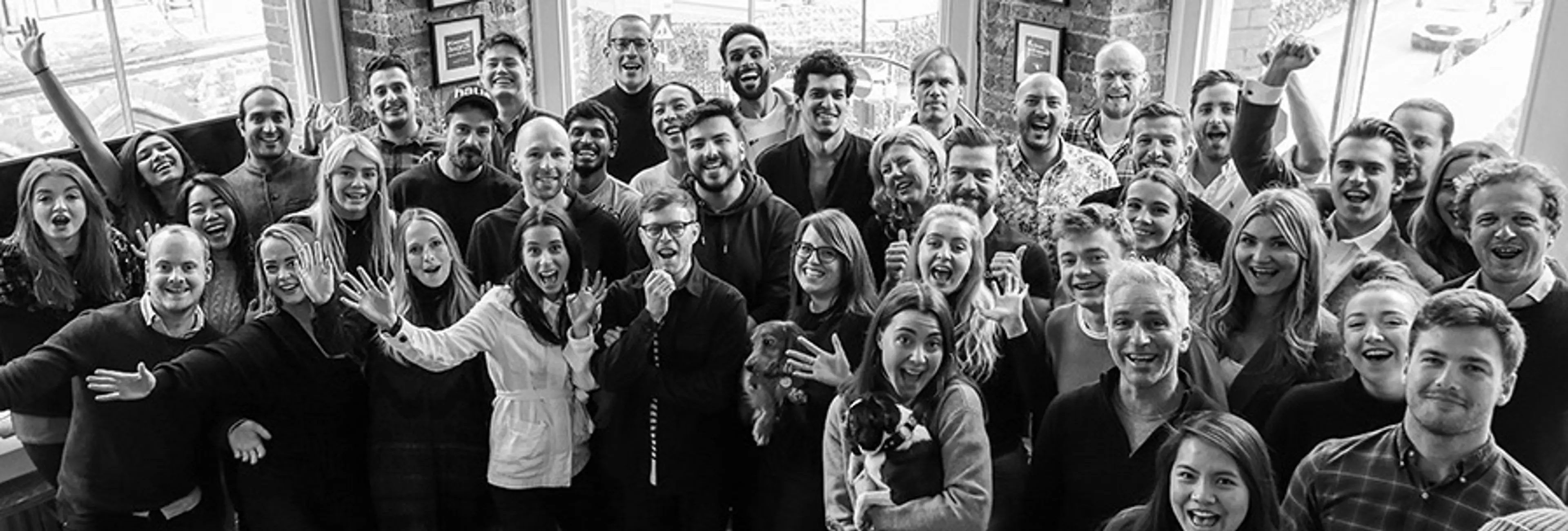
Tech & Innovation
1 Jul 2019
5 Min Read
Innovation In Hospitality: How To Inspire Your Guests
Welcome to a new era of hospitality, where hoteliers know more about their guests than ever before. How can brands use big data without losing the human touch?

““Ninety percent of our members said if they could, they would stay in an Equinox hotel because they like the idea of the extension of their lifestyle into their travels. That’s a huge, huge number.” ”

Tech & Innovation



